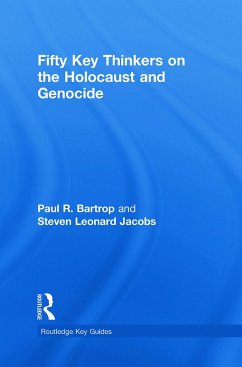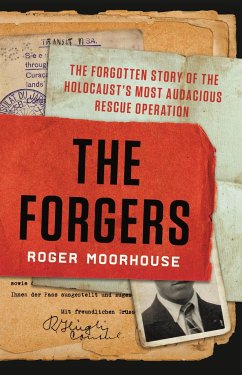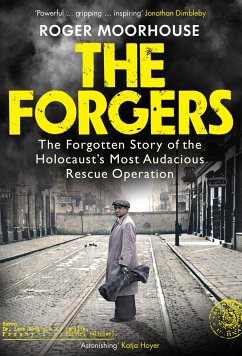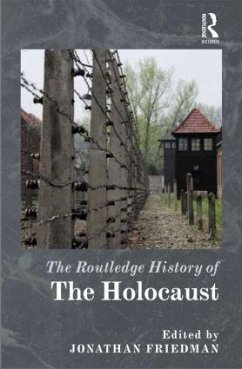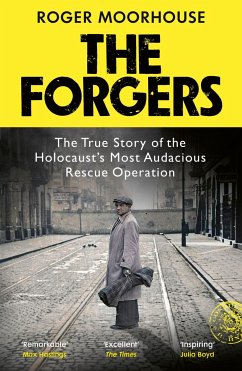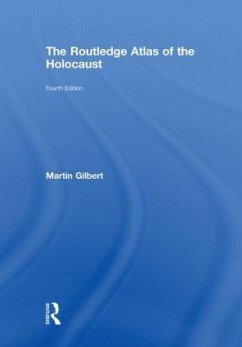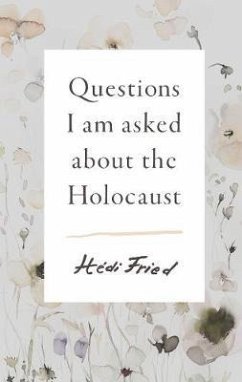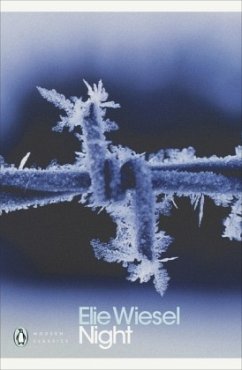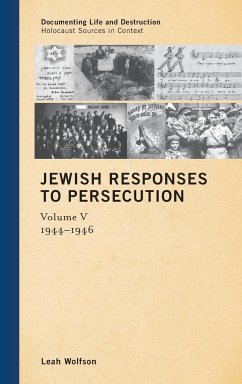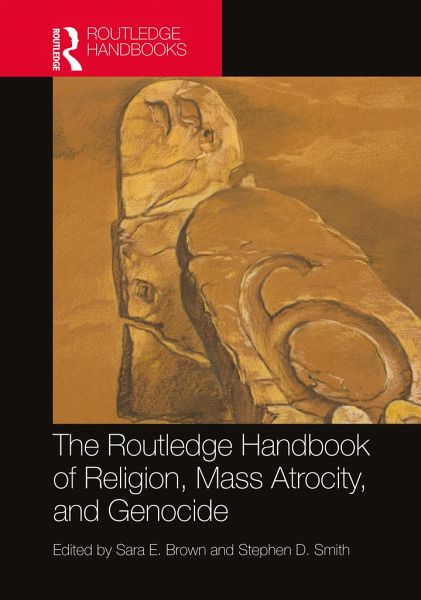
The Routledge Handbook of Religion, Mass Atrocity, and Genocide
Versandkostenfrei!
Versandfertig in über 4 Wochen
272,99 €
inkl. MwSt.

PAYBACK Punkte
136 °P sammeln!
This volume is intended as an entry point to questions about mass atrocity and genocide that are asked by and of people of faith and is is an outstanding reference source to the key topics, historical events and heated debates in this subject area.



